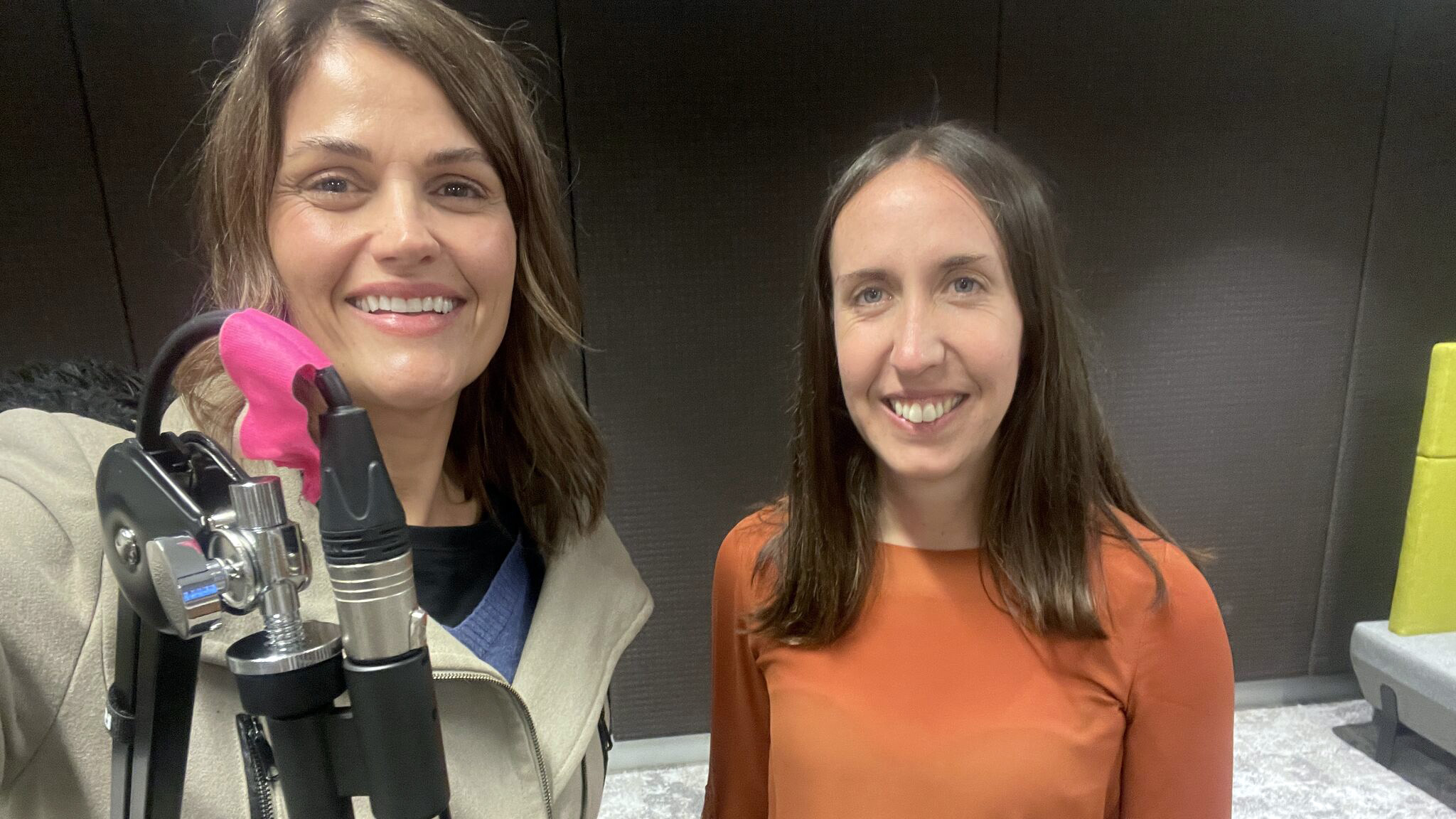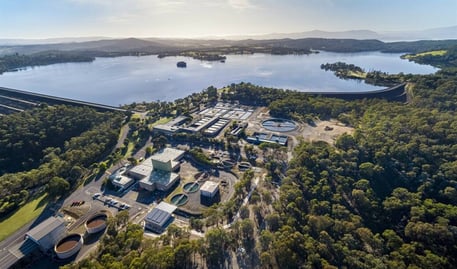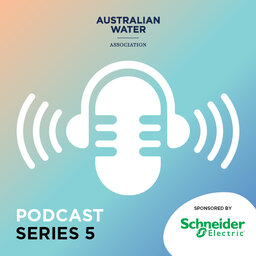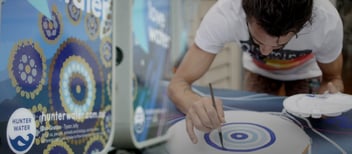Podcast – Supercharging Granular Media Filtration

Join host Jo Taranto as she sits down with Aislinn Prendergast (Area Lead of the Quality and Process Improvement team and Former Process Engineer at Melbourne Water) on the topic of 'Supercharging Granular Media Filtration'. This podcast was recorded during Ozwater in May 2023.
At the Winneke Water Treatment plant, one of the three largest water treatment plants in Melbourne, Aislinn investigated issues surrounding the filters during the yearly inspection.
"We found that the filters were starting to show signs of poor conditions like mud balling, cracking. It also showed our backwashing wasn't optimised," she said.
"Our next step was to bring in consultants from Jacobs, John Bates in particular to run through analysis and figure out what was contributing to the condition of the filters."
Testing filters through collaboration
The tests between Melbourne Water and Jacobs looked at solids retention, the expansion in the filters from the backwash and the uneven distribution from this. The outcomes showed there was a significant increase in solids retention as the backwashing water was poorly distributed, especially towards the back end of the filter. Aislinn was able to rectify these issues by putting in items to redistribute the water and fix the cracked media.
Pilot study
Even with changing the media in the short-term, Aislinn clarified that she understands the backwashing is not effective and they are looking at doing more work including a pilot study for longer term solutions.
"We're looking to do more refurbishments and one of those is changing the media type to one that is less dense and can be easily expanded by the backwashing process that's in place. The pilot plant enabled us to see what backwashing rates we would need to visualise which regime we would need in place for an effective better media.", she said.
The Process
"It was a real learning curve for me, I hadn't worked in filtration before, I had supportive people including John Bates from Jacobs and Mellissa Steele from Melbourne Water, she was able to pass down her knowledge and cutting edge research into the way filters operate." Aislinn said.
Choosing action
Aislinn points out the driver of these changes were the operational impacts, the quality of the water was high but the filtration and operation wasn't running at the best, optimal capacity. Aislinn wanted to improve the capacity of the media to get longer run times.
"The root cause analysis process is interesting because I look at [the filtration process] from different angles and assess why we're in that situation. To have a pilot trial instead of going full throttle into execution allowed us to take our time carefully", she said.
The final solution
Aislinn outlined that due to the pilot trial, she was looking at implementing new technology shortly.
"We looked at alternative media types and we looked at dual media has the added benefit of running at a higher capacity while removing solids at a better rate. Currently we have just sand mono media. Rather than being just one type, it removes the bulk solids through a coarse layer and then a fine polishing layer which acts as a device to remove the final bits from filtration. We're also looking to change our backwashing system, we're looking for a new backwash lateral system to improve capacity", she said.

Winneke Water Treatment Plant
Aislinn Prendergast is the Area Lead of the Quality and Process Improvement team at Melbourne Water.
Melbourne Water is owned by the Victorian Government. They manage the major water, sewerage and drainage networks across Greater Melbourne, together with local water companies and councils. They also care for 25,000km of rivers and creeks that sustain healthy communities and the environment – making the Melbourne region a great place to live.
This podcast is proudly sponsored by Schneider Electric





